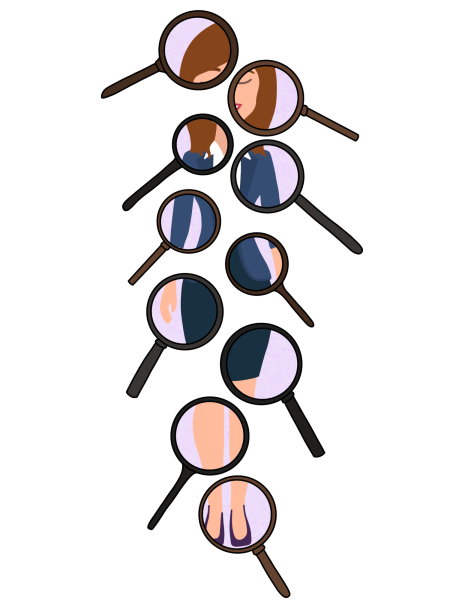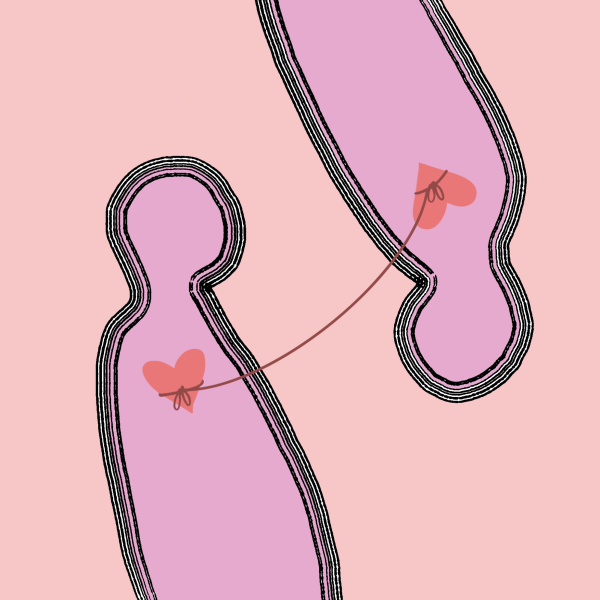Minus the City: Maintaining Vaginal Health: What To Do and What Not To Do
We’ve all come across videos on TikTok or Instagram where fellow vagina-havers rave about the new supplements they’ve come across or the new hygienic products they’ve begun using, and all of them seem either too good to be true or just plain bizarre. PMS pills, cranberry supplements, eating pineapple, vagina melts, capsules that apparently make down-there smell (and taste?) like maple syrup… there are just a plethora of weird “remedies” to try. How do we know what’s safe to use?
The vagina is an incredible machine that has the ability to clean itself. But while the vagina may be self-cleaning, it sometimes needs a little bit of help. Normally the vagina is pretty acidic, with a pH measurement of approximately four. This acidity is protective and aids in fighting off unhealthy bacteria and yeast that might grow in the area. Still, it’s almost impossible to maintain this pH, as things like menstruation and sex will inevitably disrupt the vagina’s pH balance, which can cause odor, discharge and intense itching in more extreme cases. As a result, bacterial vaginosis and yeast infections are extremely common and can even be chronic. Clearly, vaginas may need a little help. So, how do we do it the right way?
The truth is, a lot of the remedies that have gained popularity do not have enough scientific evidence to prove that they are actually effective. One of these treatments includes probiotic supplements for your vagina. The idea is the same as regular probiotics: to help the good bacteria thrive and prevent bad bacteria. Instead of being taken orally, these are actually inserted into the vagina and allowed to dissolve. But it’s still very unclear as to whether the idea of probiotics can be applied to the vagina. To be honest, putting anything into your vagina (other than things that the vagina is specifically designed for) seems sketchy and should be avoided.
The same thing goes for vagina melts. Also known as vagina suppositories, these are inserted into your vagina to help with infections, dryness, infections and now smell and taste. Yes, you read that correctly: you can now pick flavors for your vagina. Even if they claim to be organic, soy-free, gluten-free, glycerin-free, paraben-free, hormone-free and naturally antimicrobial, this doesn’t mean it’s completely safe. Vaginas aren’t meant to taste like candy or fruit.
So when you see anything that has to do with inserting weird things into your vagina designed for smell, taste or helping the “good bacteria”… you should instantly be skeptical. Stop yourself before inserting a yogurt-covered tampon down there when you have a yeast infection. The same thing goes for douches and feminine cleansers. Oral supplements like PMS pills, cranberry supplements and “pills that make down there taste like maple syrup” lack data. If you want to lessen PMS symptoms, 100 mg of calcium may help, but you should focus on exercise and a healthy diet. Cranberry supplements contain the active ingredient that targets UTIs, but studies show that they don’t have enough to really improve anything. As for the maple syrup pills… a little too bizarre to be taken seriously.
If you want a healthy vagina, remember that less is more. Only water should be used to wash in and around your vagina (and you should even be careful doing this as well). If you feel like you need a little extra cleaning, an unscented gentle cleanser could do the trick but should only go around the vulva and not inside. The Dove unscented beauty bar works fine. The general rule of thumb is that your vagina is not supposed to smell like roses, and it’s not supposed to taste amazing either. And as always, if you feel like something is wrong, consult your doctor.









